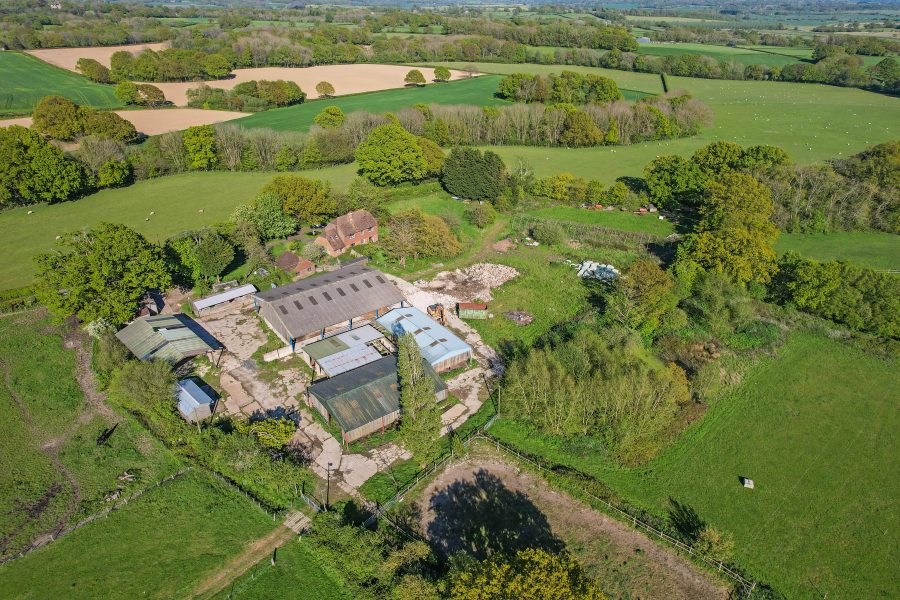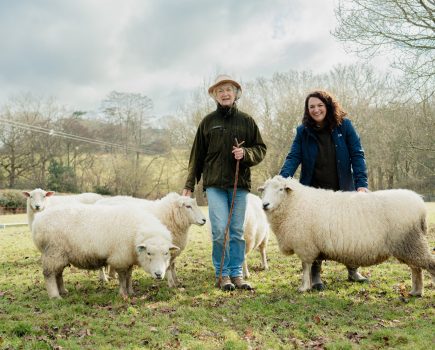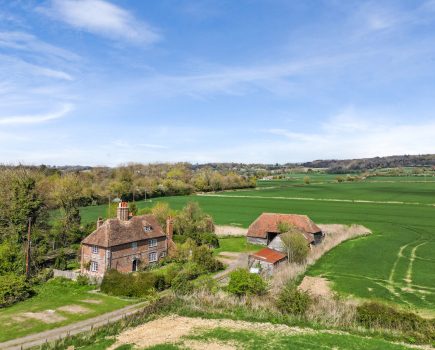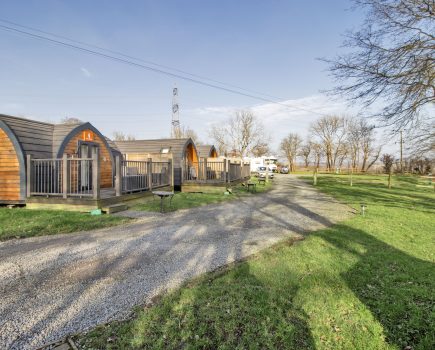Farming is now at the centre of politics, with the budget’s reductions in agricultural property relief (APR) and business property relief (BPR) sending shockwaves through the industry. There have been reports of purchasers withdrawing from transactions and, coupled with the increase in national insurance and minimum wage and drastic cuts to delinked payments, there is now considerable uncertainty.
On a positive note, our farms and land agency team has experienced one of its busiest years, a trend seen across the country.
Despite the uptick in supply, values so far have remained resilient against higher lending rates, volatile commodity prices and the loss of basic payments income.
As budget day approached, all hands were on deck to push through transactions swiftly to avoid potential changes to capital gains tax, which on reflection were not as drastic as feared. Sale highlights this year included:
- Little Frognall Farm, Teynham – a 300 acre mixed farm close to the Swale Estuary comprising farmhouse, separate bungalow, buildings, mostly grade 1 arable land and permanent pasture. The guide price was £3,350,000.
- Land at Wilmington, Dartford – productive grade 2 and 3 arable land within the M25 sold as a whole with a guide price of £3,175,000 to £3,3250,000.
- Little Forsham Farm and Little Thornden Farm at Rolvenden – a 165 acre grass farm situated in the High Weald with a five bedroom farmhouse, buildings, stabling and 165 acres of pastureland. The farm was sold in two lots well in excess of the £2,250,000 guide price.
- Hazells, Durndale and Wingfield Bank Farms, Northfleet – a block of grade 2 arable farmland adjacent to the A2 sold well in excess of the £1,275,000 guide price.
- Court Lodge Farm, Doddington – a small grass farm on the North Downs with a farmhouse, Kent barn, farm buildings and about 50 acres of pastureland. The property sold as a whole with a guide price of £1,450,000.
- Surrenden Farmland, Pluckley – a block of productive grade 2 arable land and top fruit, sold as a whole for well in excess of the £1,350,000 guide price.
Where a more discreet marketing service is preferred, we have agreed a number of off-market sales this year, including a 100 acre equipped farm close to Ashford.
Looking ahead…
Existing inheritance tax (IHT) reliefs have helped to prevent the sale or break up of a farm business to finance tax liabilities, and farming businesses have relied upon these reliefs to survive. APR has been seen as one of the many advantages of owning farmland, so a change in the reliefs will inevitably have some impact. Having said that, rollover remains (for now).
Ahead of the Finance Bill and any Treasury response to lobbying, it is too early to establish what impact the proposals will have on the land market. There are reports that the Government may support older generation farmers with transition reliefs where options for tax mitigation are limited due to their age.
The delayed implementation until 2026 will enable businesses to review their structure to mitigate impacts. Our valuation team is actively involved with clients and their accountants and solicitors in providing valuation advice. Please do get in touch if we can be of assistance.
Sales activity is likely to be affected, at least in the short term, until there is a wider understanding of the impacts and a balance established between the supply and demand for farms and land. We could see less land for sale on the open market in the short term.
The proposals are widely seen as potentially driving the disposal of land by farming businesses to pay IHT, which in turn would bring more land to the market.
For investors, IHT is a tax on individuals and not on charities or investment funds. It is possible that, for a long-term investor, the impact of the reforms is ignored to a certain degree.
A significant shift in current supply and possibly demand would impact land values, and time will tell if that happens. Throughout the past decade we have been through Brexit, a reduction in farm support payments, higher interest rates and higher energy costs, with none of these events, to date, having had a significant impact on land values.
Land still remains a good investment opportunity, with demand now coming from a wide range of uses (renewables, development, nature recovery, biodiversity net gain, nutrient neutrality and carbon offsetting to name but a few) in addition to the traditional farming activities.
In an uncertain and volatile market, careful planning and taking specialist advice will be crucial to achieving a successful outcome. For further confidential advice on how the budget may impact on your future business and property, please speak to us.
Read our end of year property review
For more like this, sign up for the FREE South East Farmer e-newsletter here and receive all the latest farming news, reviews and insight straight to your inbox.







